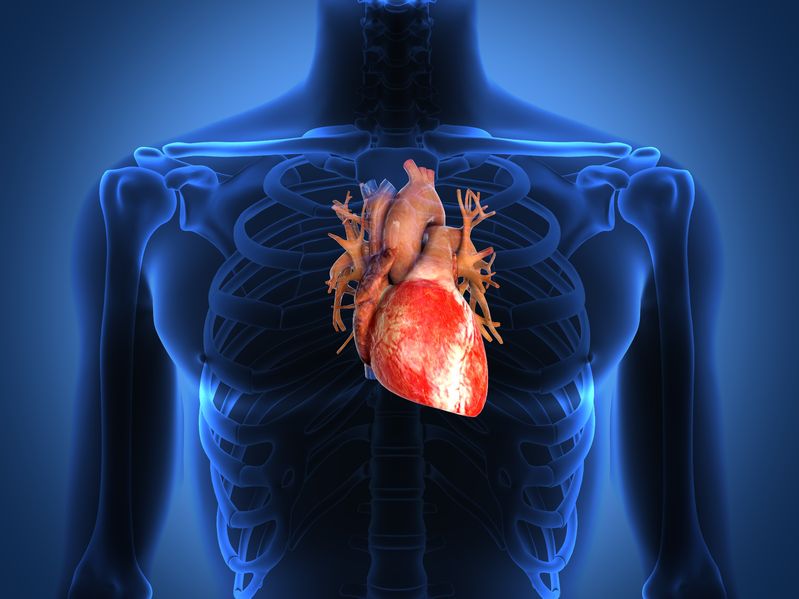Crestor can help Lower Cholesterol and Triglycerides
Crestor, or rosuvastatin is a medication prescribed to lower cholesterol and triglycerides in the body. Triglycerides are a type of “bad fat” that occur in the blood and increase the risk for heart disease, heart attack, and other life threatening conditions. Not only does it decrease cholesterol and triglycerides, it also contributes to the increase of “good fats”, or high-density lipoprotein (HDL) in the blood.
Why Crestor Is Prescribed
Crestor is primarily prescribed to people who have heightened cholesterol. Bad cholesterol in the blood causes fatty plaque to build up and clog arteries. Crestor is prescribed to those who have diabetes or coronary heart disease or other risk factors in order to prevent stroke or heart attack from clogged arteries due to excess cholesterol.
Some Risks of taking Crestor
You should not take Crestor if you are pregnant as it can harm the unborn baby or cause birth defects. Furthermore, if you are breast-feeding, you should not use Crestor. If you are taking Crestor and you discover that you are pregnant, call your doctor immediately.
It’s very important that you inform your doctor if you are being treated for or ever have been treated for diabetes, thyroid disorder, liver disease, or kidney disease. Additionally, you should let your doctor know if you are of Asian descent. Asian people tend to absorb this medication more quickly, so it is possible that if you are Asian, you doctor may start you off with a lower dose to gauge how your body reacts.
If you consume more than 2 alcoholic beverages on a daily basis, it’s essential that you let your doctor know. Crestor can interact with abundant amounts of alcohol.
It is possible that Crestor can cause muscle tissue to break down and result in kidney failure. Because of this, it’s important that you let your doctor know if you have lowe functioning kidneys or kidney disease before you begin to take Crestor.
If you are allergic to rosuvastatin, you should not take Crestor. Additionally, let your doctor know any allergies that you have as they may be one of the inactive ingredients that are found in Crestor. Inform your medical professional about all aspects of your medical history.
Click Here to Read Our Blog About Medication Safety
How to take Crestor
While Crestor is prescribed to help lower cholesterol, this doesn’t mean that it is safe to consume excessive amounts of it assuming that it won’t make a difference. You should do your best to avoid foods that have excessive fat in them. Crestor is most effective when combined with a low-fat, low-cholesterol diet. For optimum results, engage in a lifestyle that allows for exercise, weight control, and a healthy diet after discussing this with your doctor.
What do I need to avoid while taking Crestor?
Your doctor should give you a complete list of what to avoid. They are likely to include:
• Excessively fatty foods
• Antacids – Avoid the antacids that your doctor suggests. Be sure not to take the ones that he/she allows within 2 hours of taking Crestor
• Avoid drinking alcohol – Drinking alcohol while on Crestor can increase your susceptibility to liver disease.
References:
1. http://www.drugs.com/crestor.html
3. Refer to Prescription drug information included with your medication.











